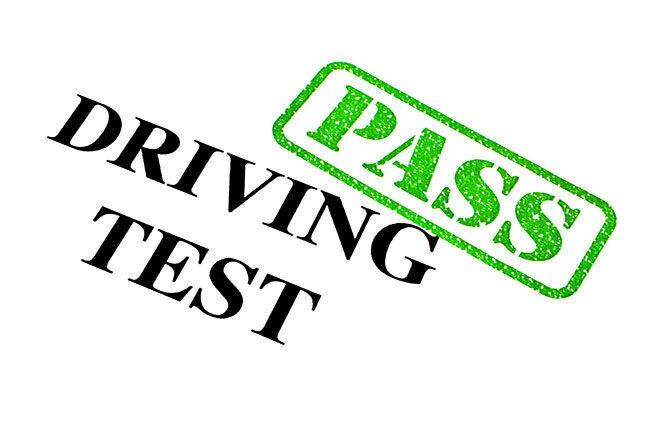Back when my husband was in his 70s, he kept having fender benders. He was losing his eyesight, and I knew he should stop driving, but he refused. After each minor accident, he rationalized that it could have happened to anybody. It was a fluke, he said, and it wouldn’t happen again.
Today, my husband is gone and I’m crowding 90 myself. Most of my friends no longer drive, and probably, not long from now, I’ll have to stop too. I dread that. As you grow older, your world shrinks, and already, just thinking about it, I can feel mine closing in.
I haven’t had any accidents and like most older people, I’ve set limits: I don’t drive after dark or in bad weather, and I use major highways only when I have to. I am perhaps too cautious. Locally, I’m reluctant to take unfamiliar roads to unfamiliar places, because it’s hard for me to read street names and house numbers while driving at a reasonable speed.
State laws dictate how old you have to be to start driving, but there are no laws or even customs for when you must stop. Which is a good thing, because we age at different speeds. But those of us 70 and up are more likely to crash than other age groups, except teens and early 20-somethings. And we’re more fragile, so we’re more likely to be injured or killed in a car crash. Researchers report that most people drive seven to 10 years longer than they should. I don’t want to be one of them.
Other people apparently feel the same way, and I’ve read that some are signing advance directives for driving. If I were to use the one provided by AAA, I’d designate a family member or friend to tell me when it was time to stop driving—and that person would agree to help me figure out how to get around without my car. These directives aren’t legally enforceable, but they’re hard-to-ignore, informal agreements.
Though I’m not yet ready to give up driving, a directive initially seemed to me like a good idea. I don’t want to take the risks my husband took. But then I decided I don’t need a formal document. I can do what several friends have done and ask one particular person to tell me when I should stop driving. My adult children don’t live nearby and have no idea how well (or badly) I drive, but I have a good friend who rides with me once a week when we go to the supermarket, so I asked her.
Less than 10 days later, I was pulling out of our retirement community, and we hadn’t gone six feet when my friend remarked that I should have my driving checked by a driving rehabilitation specialist. I was startled. Indignant. What had I done to make her think I needed help?
I’d swung wide as I turned the corner outside the community, she said, and I’d briefly crossed the line into the opposite lane, though there was a car coming.
“I always swing wide there,” I protested. “It’s a tight turn, and I once drove up over the curb. I don’t want to do it again. I saw the car in the far lane, and I knew I had time to get out of its way.”
There was no screeching of brakes—nobody honked or gave me the finger. It wasn’t a close call.
All the same, my friend was sure I should have myself tested. I’ve read about how that works. You spend three or four hours answering questions about your health and driving record, and then you take a road test. Afterward, the specialist suggests ways you can drive more safely—or advises you to stop driving altogether.
In spite of our agreement, my friend’s advice upset me. Actually, the thought of no longer being able to drive sent me into a panic, and I regretted asking her to help. I was as sure as my husband ever was that I’m still OK behind the wheel.
Later, I realized that when I turned that corner, we were talking, and I may not have been paying close enough attention to what I was doing. Normally, I would have waited until the other car passed before pulling out onto the road. I did cut things closer than usual.
I’ve identified several places I can go to have my driving tested, but for now, I’m not planning to do that. Instead, I’m going to be super careful whenever I’m behind the wheel. If I make another mistake, I’ll immediately arrange for a test.
The incident made me realize just how badly I want to go on driving and what a life-wrenching decision it will be to stop. And that stopping isn’t something theoretical that will happen someday. It’s as certain as death and taxes.

Flora Davis has written scores of magazine articles and is the author of five nonfiction books, including the award-winning Moving the Mountain: The Women’s Movement in America Since 1960 (1991, 1999). She currently lives in a retirement community and continues to work as a writer.



